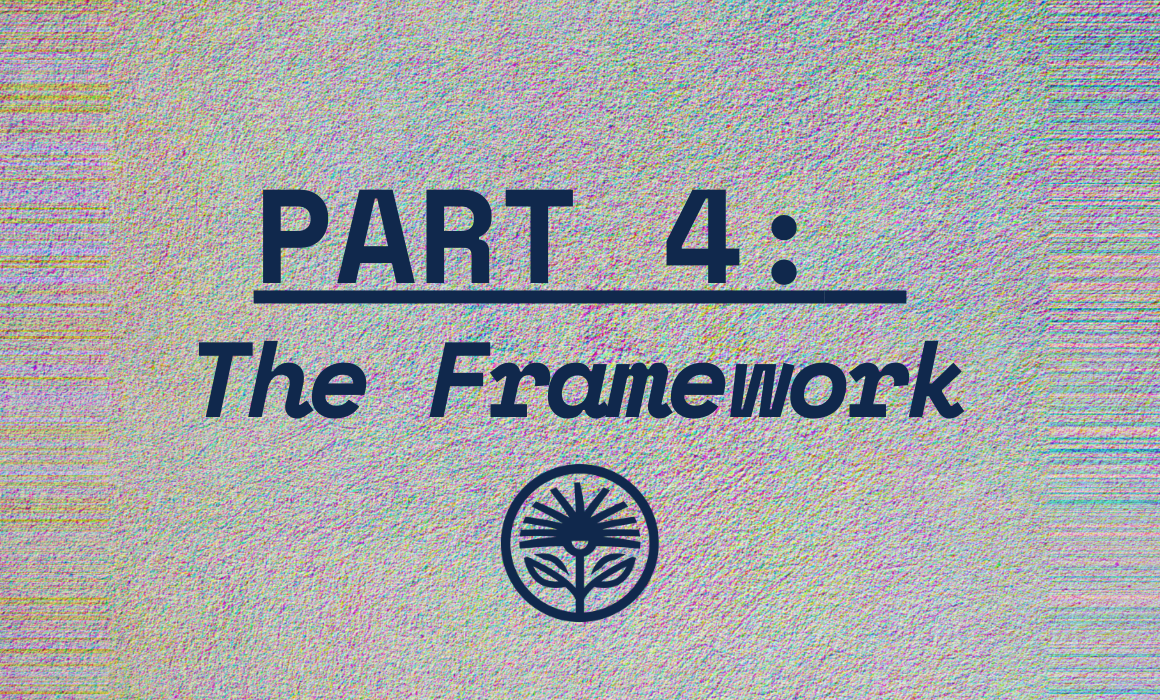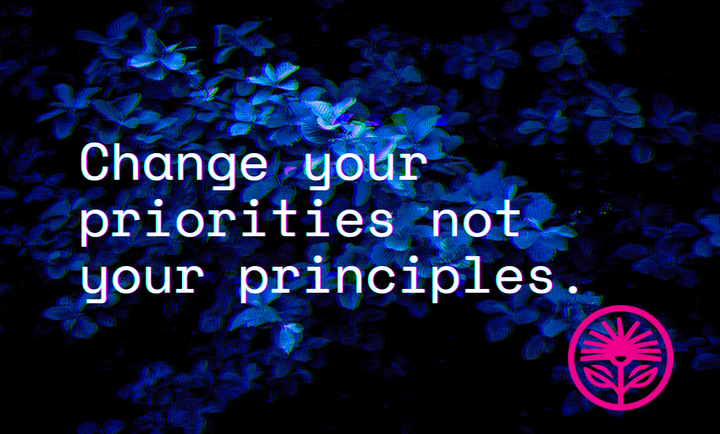ZERO Plan Part 4: The Final Framework
Putting your ZERO Plan together.

Lab Notes:
Quick links and notes about what we’re working on, reading, or looking forward to.
- Not sure how to get good results from GPT or other AI chatbots and large language models? Check out my simple guide to prompt design
- Want to stay cool in any crisis (and keep your team from burning out along the way)? Don’t miss our upcoming “Outer Crisis, Inner Calm” workshop
- The catastrophic marketing impact of changing “Twitter” to “X” (DaringFireball.net)
- A U.S. Federal Judge says “human authorship is a bedrock requirement of copyright,” further stirring the debate on AI and intellectual property (TheVerge.com)
Framework: ZERO Plan
Short Summary:
- The ZERO Plan is a framework to anticipate and prepare for unforeseen marketing challenges.
- It's built around identifying potential problems, assessing their impact, hedging bets, and implementing risk-reducing measures, leading to a personalized plan.
- This approach ensures preparedness, resilience, and a more controlled response to adverse outcomes.
Why read the rest:
- Get a detailed guide to strategically navigating marketing challenges, with practical examples and actionable steps.
Sometimes things just don’t go our way. Sometimes, instead of the result we were hoping for, we get nothing at all.
That’s why we created the ZERO Plan. So we can be prepared for whatever happens, having created a margin of safety and strategies for mitigating the worst outcomes.
If you’re ready to create a ZERO Plan for an upcoming project, just follow the framework below.
1) Project and Problem
Project: What is the project you’re working on?
Example: Hosting an open house at our new location.
Problem: What could go wrong? What would a ZERO look like?
Example: No one shows up.
2) Honest Assessment:
Operations: What slows down in your operation because of the ZERO?
Example: We’ll have to rethink our entire launch strategy.
Existential: What stops because you got a ZERO?
Example: We’ll have to cut back on staff at the new location.
Emotional: Why would you feel like a ZERO?
Example: It will look like a public failure to my friends and peers.
Financial: How much will a ZERO cost?
Example: We’ll lose out on expected revenue during the open house, and during the launch week.
3) Betting on the Bad
Operations: How can you bet on this outcome?
Example: We’ll rethink our strategy now, and set up the space to be the perfect backdrop for virtual events/photos/videos we can capture whether anyone shows up or not.
Existential: How can you bet on this outcome?
Example: We’ll make sure staff at the location are equipped to capture valuable content during slow periods so we actually benefit from low attendance.
Emotional: How can you bet on this outcome?
Example: I’ll tell a few close friends about my worries and get their support and advice now.
Financial: How can you bet on this outcome?
Example: We'll find a co-sponsor of the open house to cut down on costs and create an incentive for someone else to help promote it.
4) Reducing Risks
Inverted Assumption: What’s my primary assumption, and what’s its opposite?
Example: (Assumption) My friends and colleagues will show up to support me.
(Inversion) They won’t.
Mitigation: How will you reduce this risk?
Example: I’ll confirm my friends’ intention to attend, follow-up, and offer extra encouragement near the date.
Average Expectation: If someone else, with your exact set of circumstances and resources, attempted this, what would happen to them?
Example: They’d get low attendance due to reduced promotional urgency based on assumed peer support.
Mitigation: How will you reduce this risk?
Example: I’ll promote as heavily as I would if I had no expectation of peer/friend support.
Offramp: What would have to happen, and by when, to tell me I should stop?
Example: If we have fewer than 25 RSVPs 1-week out from the open house.
Mitigation: How will you reduce this risk?
Example: I’ll start with my most-likely-attendees, not my most-hoped-for, to get some early wins and build momentum.
Flexibility: Where are the rigid aspects of my plan?
Example: My vendor contracts have significant penalties for last-minute adjustments.
Mitigation: How will you reduce this risk?
Example: I’ll pay the extra upfront contract fees to have additional flexibility at the last-minute.
5) Your ZERO Plan
I want: Your Project & Hope (Opposite of Problem)
Example: A full house at the open house for our new location.
I will: Your Hedges
Example:
- Make the space the perfect background for recording
- Equip staff to capture content
- Get peer/friend support early
- Find a co-sponsor
I can: Your Risk Reduction Strategies
Example:
- Confirm my friends’ intention to attend
- Promote as if I can’t count on anything
- Move the event if RSVPs are slow
- Pay for vendor flexibility
What were your answers? That’s your ZERO Plan.
Start with the hedges and then move on to the risk reduction strategies.
And then tell me how you did, what you learned, and where you’d like extra clarity—just reply to this email.
The Series:
Crisis Model: Zero Plan
Part 1: Honest Assessment
Part 2: Hedging Your Bet
Part 3: Mitigation Strategies
Part 4: The Final Framework
Want more from the Lab? Sign up for the Daily Lab: Quick, 1-minute reads to set your day strategically, every weekday morning.



